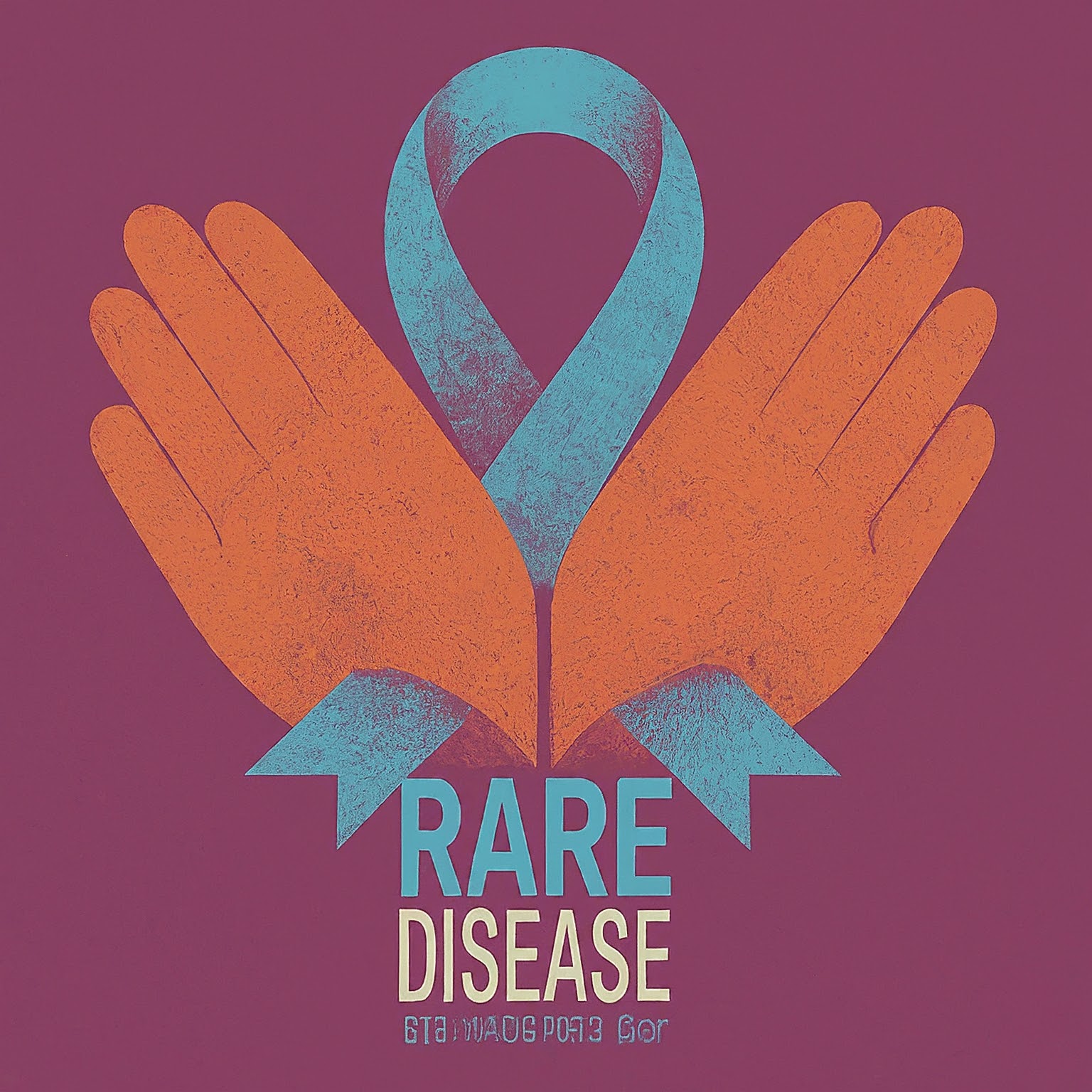Rare diseases day is observed every year on the last day of February (28 on normal years and 29th on leap years) to promote awareness about rare diseases and their effect on people and their families. This year 2024, the rare disease day is celebrated on 29th of February.

Orphan diseases are the other name for rare diseases which refers to disease conditions that affect only a small number of people in the society. Although individual rare diseases may affect only few people, collectively millions in different parts of the world are affected by them. There are more than 7,000 rare diseases, according to the National Institutes of Health (NIH).
History:
The first Rare Disease Day was organized by the European Organisation for Rare Diseases (EURORDIS) and it took place on February 29, 2008, in several countries of Europe and through the Canadian Organization for Rare Disorders in Canada. The date was chosen because February 29 is not a common day, and also it was twenty-fifth anniversary since Orphan Drug Act passed in the USA.
Rare Disease Day walkers and press conferences were held to raise awareness about rare diseases among people; charity organizations specializing on healthcare throughout multiple countries as well participated in events, meetings and campaigns. It also included an open meeting of the European Parliament which was devoted exclusively to discussing policy issues related to rare diseases. In several other places leading up to Rare Disease Day, there were few other policy-related activities such as a reception at the British Parliament where policymakers met with people affected by rare diseases like “equality or adequacy of access to prevention, diagnosis and cure.”
Importance of the day:
The importance of Rare Disease Day lies in highlighting the difficulties faced by people living with rare diseases, which include struggling to get an accurate diagnosis, limited treatment options and inadequate support and resources. It is the objective of the day to raise awareness on rare diseases among members of the general public, healthcare providers, policymakers and researchers.
Rare Disease Day is an avenue for patients, caregivers, advocacy groups, healthcare organizations and other stakeholders to join hands in demanding more attention, funding and support for rare diseases. It allows them to share stories from their experiences or thoughts while bringing up issues concerning fair access to healthcare services as well as research financing and social support for individuals affected by rare diseases.
Here are some of the problems people with rare diseases experience:
During Rare Disease Day events are held world-wide including; education seminars, fund raising activities through social media campaigns, patient conferences beside awareness campaigns. This way they intend to give voice to those who suffer from such conditions so that they can raise funds for research into both disease etiology and intervention as well as advocate for policies tailored specifically for such communities.

